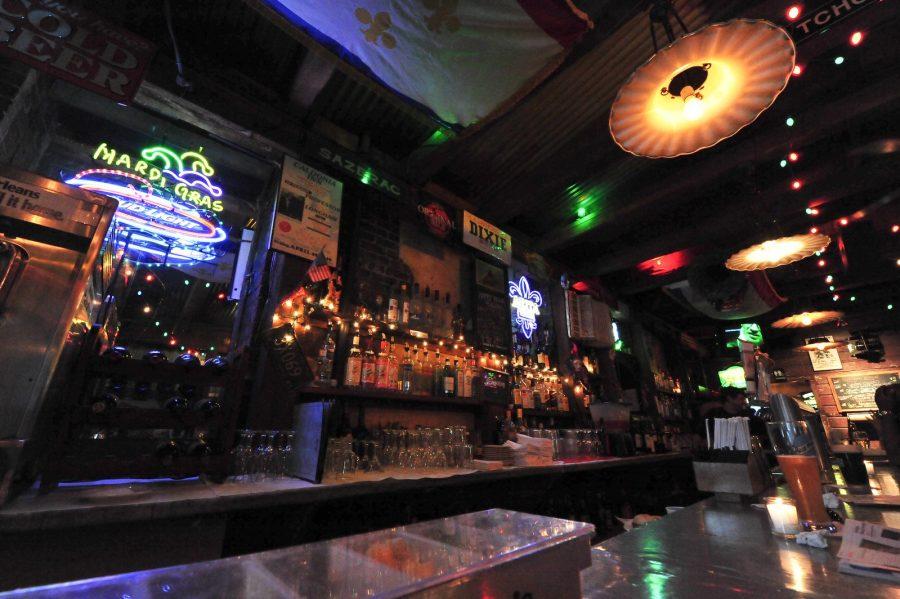New York City is famous — or perhaps infamous — for its lively clubbing scene. Nights out filled with top-shelf liquor bottles and top-rated entertainment bring in billions of dollars of revenue each year. To avoid paying hefty fees, party-goers look to club promoters to get cheaper access. In turn, these promoters bring people to nightclubs to bring in revenue. While the legality of hiring employees below the drinking age is questionable, some NYU students get to trade in their Hydroflasks for bottles of Veuve a couple of nights a week as club promoters.
To uninformed students, this might seem like an ideal gig. According to the website of NYC Welcome Week, an event-organizing company that throws parties for students 18+, being a promoter allows students to “have an amazing time partying AND get paid to bring people to the parties.”
Getting paid to party is cool, right? Students who have worked as promoters say maybe not.
CAS sophomore Anthony Dowsett was a promoter primarily during the first few weeks of his freshman year and on-and-off throughout his first semester.
“I thought that it would be a good way of getting me and my friends in the clubs and just make money,” Dowsett said.
However, Dowsett did not end up liking the scene. At the beginning of his sophomore year, he turned to Facebook to warn first-years against becoming club promoters. NYC Welcome Week is known for posting on NYU student pages, advertising their parties and jobs as promoters, which it advertises as flexible, part-time positions. Dowsett commented on one of these posts, claiming that the company rips people off by underpaying their employees.
Stern sophomore Avante Price was at first similarly dissatisfied with the party scene in the city. As a DJ, he found it difficult to get his friends to come out for his sets because the events often had long lines and creepy guys. In response, he founded Posh, an alternative to companies like NYC Welcome Week that hosts events around the city.
Price has a couple dozen promoters working for him, yet Posh easily takes up eight to 10 hours of his time every day. There is a lot of pressure to meet bar minimums: if not enough drinks are sold, he can be held liable for losing the club’s money.
Dowsett also felt the pressure of trying to bring in as many people as possible — his job relied on attracting as many students as possible to NYC Welcome Week’s events.
“I just didn’t like having to think of people in terms of how much money they’re worth as invites,” Dowsett said. “So I ended up dropping it.”
Promoters are paid on commission. The more people they know and convince to come to an event, the more they get paid. But often the plus-ones of invitees are not counted toward their commission when they buy drinks, and promoters end up being underpaid.
“They try to pay you as little as they can,” Dowsett said.
He admitted that this is true of many self-reporting jobs, which rely on commission rather than hourly pay, and is not unique to the party industry.
Dowsett and Price both agreed that working at clubs got less fun the more they did it.
“As you do it, it gets played out,” Price said. “The same venue looks the same after you’ve DJed at it 20 times. Even on nights when I’m not working, it’s definitely not fun.”
Dowsett also felt uncomfortable with the inherent sexism of the clubbing industry, and how it relied on having a high ratio of attractive young women to bring in customers.
“There’s also just a sexualization component of my friends who were girls that I didn’t really appreciate, and how directly sleazy it was,” Dowsett said.
Given that many clubs are run by middle-aged men that cater to underage women, it’s unsurprising that working in the business can lead to disillusionment about the clubbing scene as a whole.
“It’s just a very screwed up scene overall,” Price said.
Email Tessa Kilcline at [email protected].























































































































































